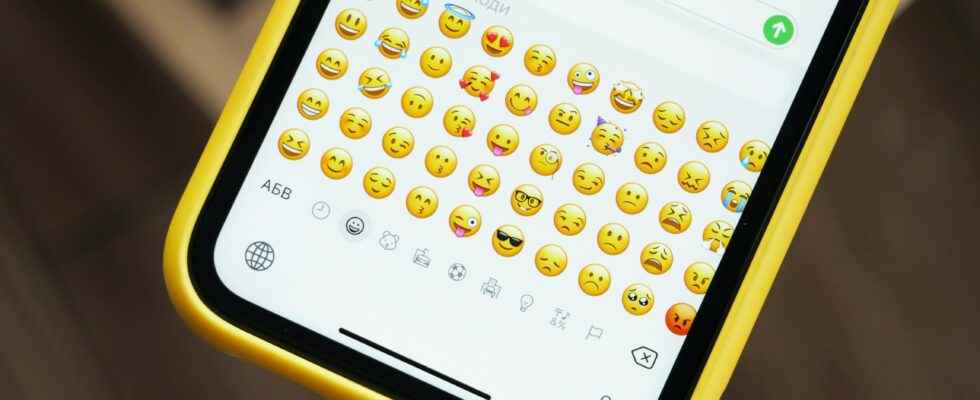In order to avoid moderators on Facebookantivax replace words with emojis, which are much more difficult to detect by the algorithms of the American giant.
The spread of false information has plagued Facebook for many years. If the social network multiplied its efforts to combat this phenomenon in 2020 at the start of the Covid-19 pandemic, the battle still seems far from won.
Carrot, pizza or cupcake emoji
Indeed, the specialized media Bloomberg investigated an increasingly recurrent phenomenon within the antivax community on Facebook: the use of emojis to replace words likely to attract the attention of algorithms. On the social network, very many people gather and believe that the illness or death of one of their relatives is due to the vaccine, although studies have proven that the Covid-19 was much more deadly than this one. . In these groups, we find a whole bunch of emojis related to food instead of the term “vaccine”.
Sometimes members claim that their loved ones took four or five “slices” of Pfizer or Moderna vaccines, using emojis depicting pizza, cupcakes or fruit to express their point. The use of a carrot emoji is also very widespread among antivax, in addition to more ambiguous emojis such as the syringe, but not necessarily more detectable by algorithms.
Moreover, this problem had previously surfaced on the web, with people trying to hide racist remarks with banana or monkey emojis.
AIs are trained on text, not emojis
The problem is that the artificial intelligences used to moderate content are mostly trained on words and text. “ Despite an impressive understanding of how language works, AI language models saw very few emojis. They are trained on a body of books, articles and websites, and even on the entire English Wikipedia, but these texts rarely include emojis “, explains Rose Kirk, expert on the subject, to the BBC.
The use of emojis to circumvent surveillance is present in other areas, for example they are very common in discussions between drug dealers and customers so as not to state words related to substances.
Sources: Bloomberg, BBC

37